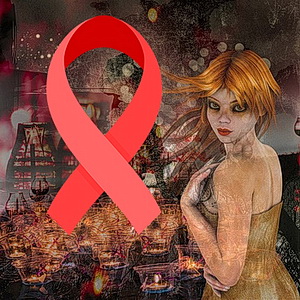
Since Angelina Jolie opened up about her BRCA1 gene mutation, more awareness about this mutation is spreading. Due to her announcement, public awareness skyrocketed and more women were getting tested. So much so that it became a phenomenon known as the Angla Joli Effect.
What Are the Chances of Getting Breast Cancer if You Have the BRCA1 Gene?
Those who test positive for an abnormal BRCA1, BRCA2, or PALB2 gene are learning their chance for breast cancer is higher than that of the average woman. An average woman without the mutation only has a 12% chance of getting breast cancer in her lifetime according to the National Cancer Institute, whereas a woman with BRCA1 or BRCA2 has up to an 85% chance of getting breast cancer in her lifetime. The chance for ovarian cancer also increases with the gene mutations to about 16-44% chance compared to just under 2% for the average woman without the mutation. Women with BRCA1 are also more likely to develop estrogen-negative cancers, meaning that a cancer’s growth is not caused by the hormone estrogen. Anti-estrogen hormone therapy is not a viable treatment option and since these cancers tend to be more aggressive it’s important they are caught early. BRCA2 mutation-caused cancers however can benefit from hormonal therapy according to the American Cancer Society.
BRCA1, BRCA2 Prevention
This information is incredibly important because it gives women a chance to lower their risk through a variety of methods starting with an annual breast MRI at age 25. This is of great significance as BRCA1 and BRCA2 cancers tend to be aggressive and it is important to catch them early. Other risk-lowering methods include prophylactic surgery such as a double mastectomy and oophorectomy.
BRCA1 and BRCA2 not only affect women, but men are also at risk. Men with BRCA1 or BRCA2 mutation have an increased chance of developing prostate cancer and a higher lifetime risk of developing male breast cancer. Both women and men with the mutation are also at an elevated risk of developing pancreatic cancer. Those with a family history of breast or ovarian cancer should consider being tested for these mutations. Those with Ashkenazi Jewish ancestry are also more likely to have the BRCA1 or BRCA2 mutation.
The PALB2 gene mutation increases the chance of breast cancer to about 58% percent. Research about this gene is ongoing to find out how it affects the likelihood of developing other cancers such as ovarian and pancreatic.
